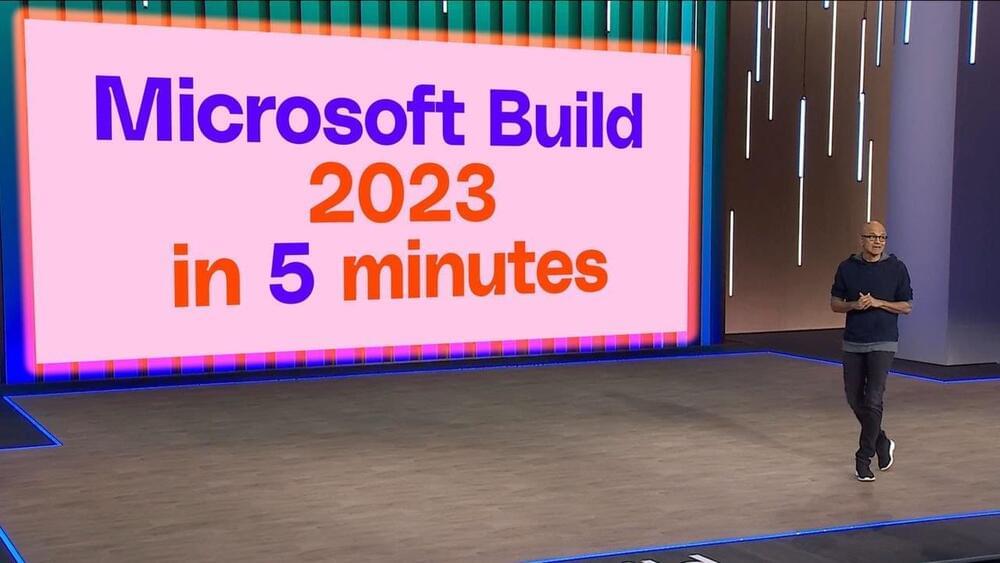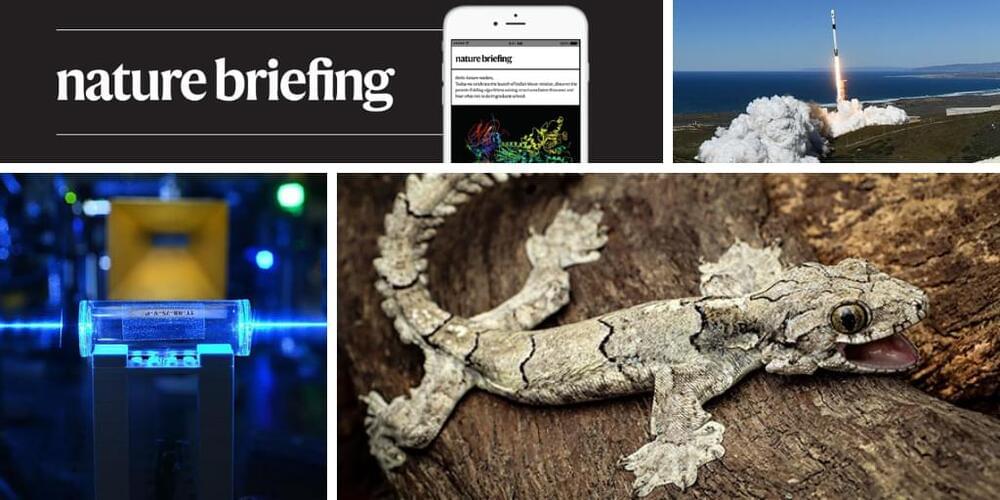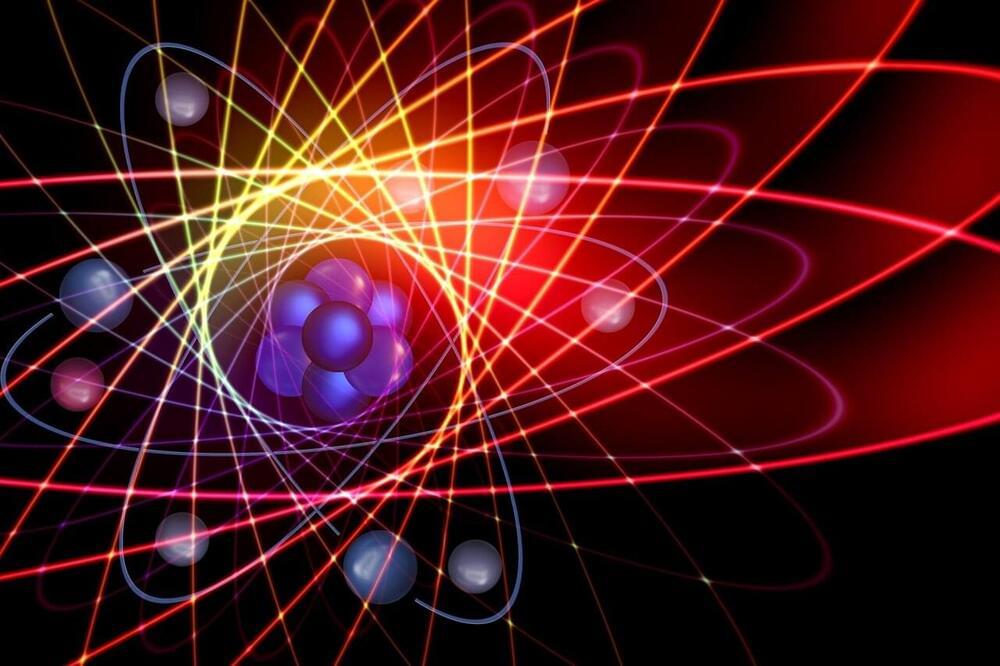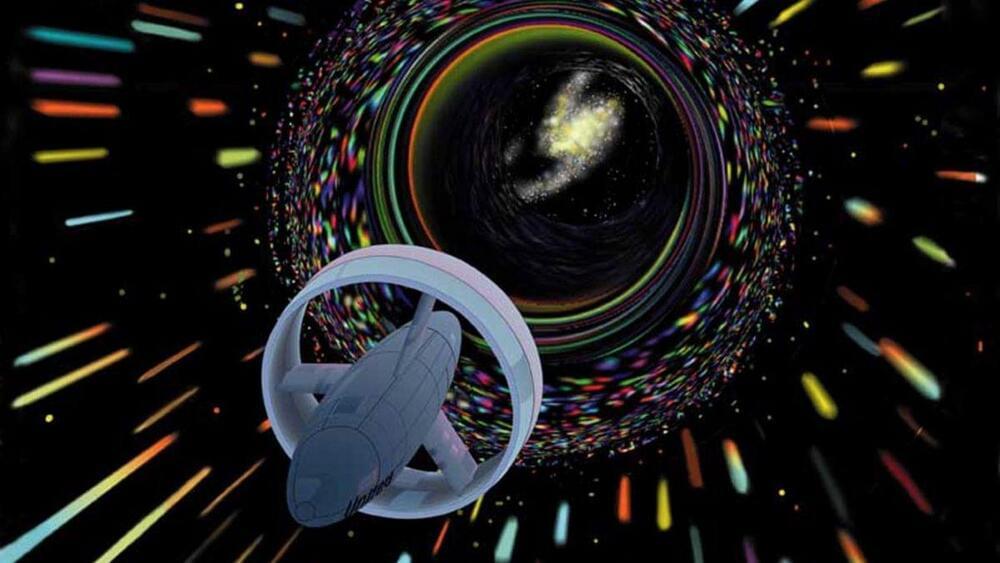
Automated irrigation systems in the Northern part of Israel were briefly disrupted recently in an attack that once again shows how easy it can be to hack industrial control systems (ICS).
The Jerusalem Post reported that hackers targeted water controllers for irrigation systems at farms in the Jordan Valley, as well as wastewater treatment control systems belonging to the Galil Sewage Corporation.
Farms were warned by Israel’s National Cyber Directorate prior to the incident, being instructed to disable remote connections to these systems due to the high risk of cyberattacks. Roughly a dozen farms in the Jordan Valley and other areas failed to do so and had their water controllers hacked. This led to automated irrigation systems being temporarily disabled, forcing farmers to turn to manual irrigation.









